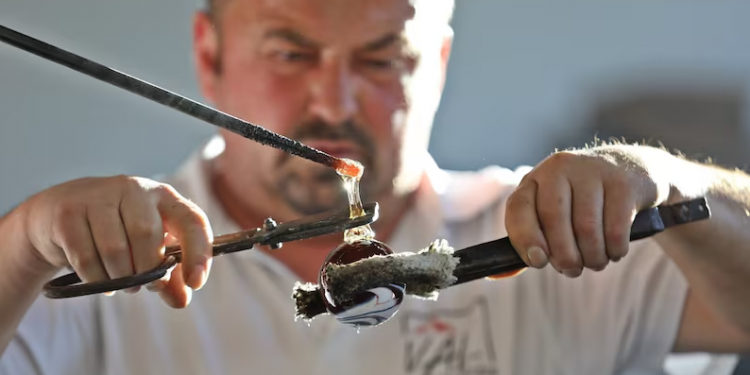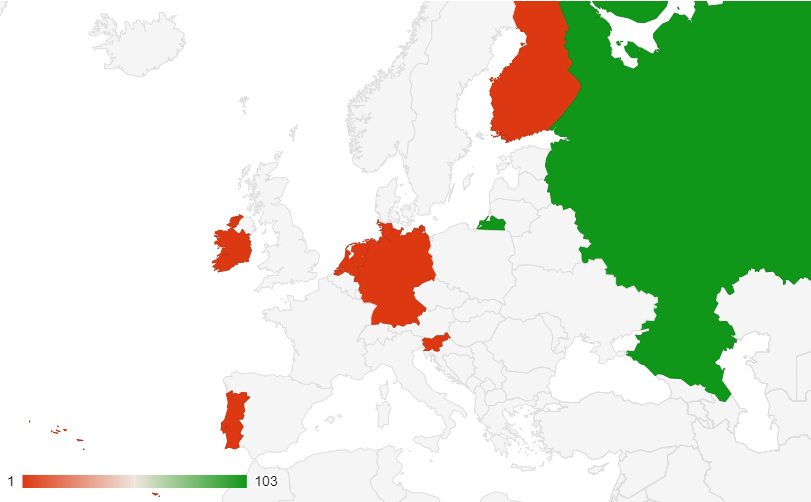Exploring the Intersection of Tradition, Creativity, and Market Dynamics
The art of glassblowing has long been a symbol of craftsmanship, creativity, and precision. In Schwanenstadt, Austria, a glassblowing workshop thrives on these principles, transforming molten glass at 1200°C into intricate designs. This labor-intensive process relies on the expertise of artisans like Ovidiu Seulean and his team, who skillfully shape glass into ornaments ready to adorn homes worldwide during the festive season.
This meticulous approach resonates strongly with industries reliant on both artistry and precision, such as potato farming and agricultural innovation. While glassblowers like Urs Lauenstein humorously compare shaping glass to crafting a potato, the connection between these distinct worlds lies in their shared demand for mastery and adaptability.
For potato farmers and agribusiness professionals, the lesson is clear: success stems from combining traditional methods with modern technologies. As in glassblowing, where automation and artisanal skills coexist, the agricultural sector must balance tried-and-true farming practices with innovations like precision farming, advanced fertilizers, and cutting-edge pest control solutions.
Producers of agricultural inputs, such as fertilizers and plant protection agents, can draw inspiration from the glassblowers’ customer-focused approach. Just as the workshop caters to diverse clients, from individuals seeking unique ornaments to large corporations like Red Bull, agribusinesses must meet the specific needs of farmers, ensuring that products are not only effective but also tailored to local conditions.
Similarly, the scientists and researchers driving innovation in potato cultivation play a role akin to that of Selma Beglerovic, who employs the fusing technique to create unique designs. Their efforts to develop resilient crop varieties and sustainable farming techniques ensure the industry’s adaptability to climate change and market demands.
As the glassblowing workshop’s Christmas sales account for two-thirds of its revenue, the potato industry too relies on peak seasons, such as harvest and processing times, to maximize profitability. This seasonal dynamic underscores the importance of efficient supply chains and robust market strategies.
The story of this Austrian glass workshop serves as an allegory for agricultural professionals: a reminder that success lies in preserving the art of tradition while embracing the power of innovation.







